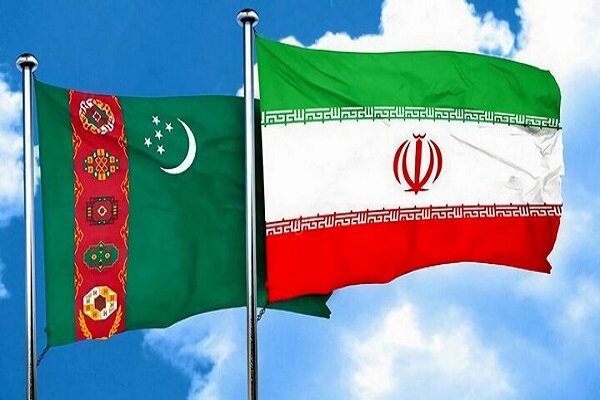
Similar Posts
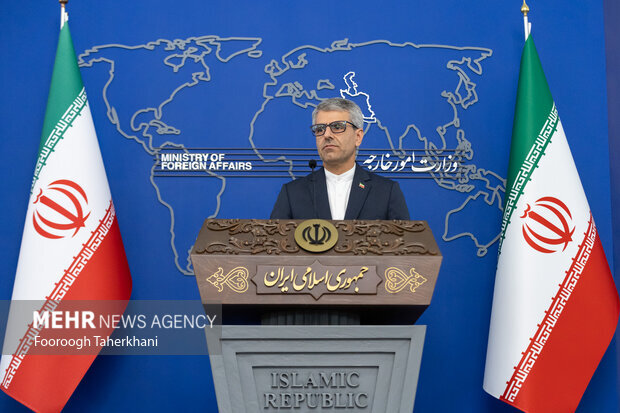
Iran Strikes Back: Response to New US Sanctions on Oil Trade
Recent US sanctions against Iran have drawn strong condemnation from Iranian officials, particularly Foreign Ministry spokesman Baghaei, who argued that these measures violate Iran’s economic autonomy and international law principles. He asserted the right of nations to manage their economic interactions without external interference and labeled the sanctions a breach of UN Charter principles regarding national sovereignty. Baghaei criticized the insincerity of US dialogue offers, claiming the sanctions reflect ongoing hostility towards Iranian prosperity. He emphasized Iran’s historical awareness of US interventionist policies, reinforcing the nation’s commitment to resist external pressures and pursue its path toward progress and independence.
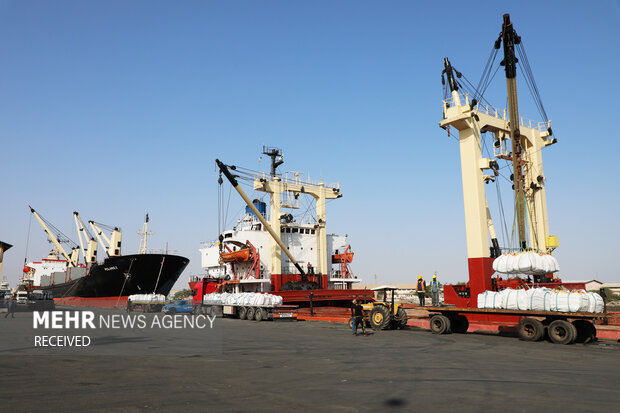
Iran’s 2024 Exports to EAEU Soar Past $2 Billion, Reports IRICA
Iran’s exports to the Eurasian Economic Union (EAEU) have surged, exceeding $2 billion and reflecting a 20% increase from the previous year. Non-oil exports reached 5.59 million tons, up 21%. Key exports include over $1 billion to Russia, $505 million to Armenia, and $278 million to Kazakhstan. This growth, attributed to product diversification, strengthened trade relations, and improved logistics, bolsters Iran’s economy and job creation, reducing reliance on oil revenues. As the EAEU, which includes Armenia, Belarus, Kazakhstan, Kyrgyzstan, and Russia, seeks closer economic ties, Iran’s role as a key trade partner is increasingly vital.
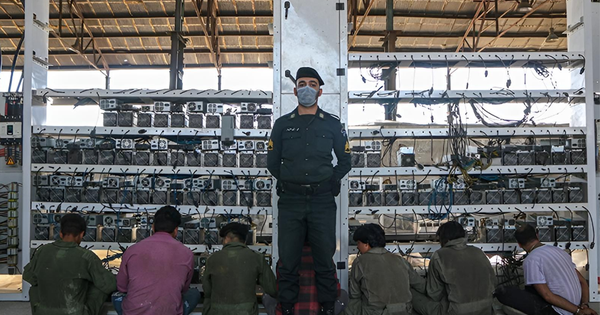
Iran’s Major Crackdown: 240,000 Cryptocurrency Mining Rigs Seized in Bold Move
Iran is grappling with electricity consumption challenges exacerbated by cryptocurrency mining, prompting authorities to seize over 240,000 mining devices in three years. These rigs reportedly consume 800 megawatts, similar to the Bushehr nuclear power plant’s output. Tavanir estimates around 700,000 illegal rigs still operate, consuming 2,000 megawatts. A projected 25,000-megawatt electricity deficit looms for the next year, representing nearly one-third of national consumption. Authorities emphasize the need for stricter regulations and collaboration with law enforcement to combat illegal operations, aiming for a balanced approach to cryptocurrency mining that ensures energy sustainability.
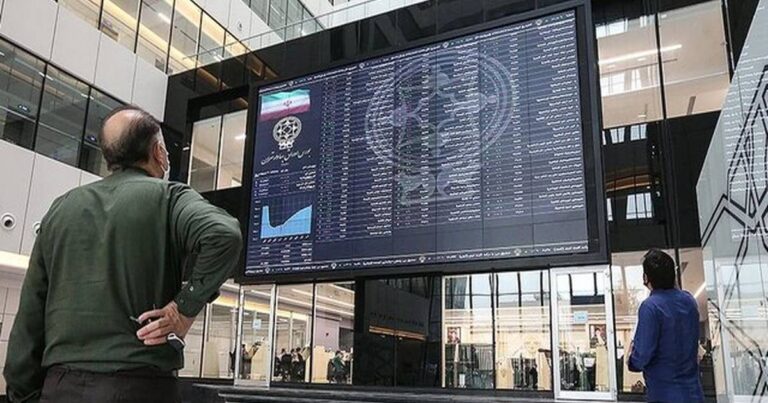
Iran’s Financial Markets Show Cautious Optimism Following Rome Talks
Iran’s financial markets are displaying a mix of caution and optimism after recent nuclear talks with the US, described as constructive by both sides. The Iranian rial has modestly strengthened, trading at around 830,000 per US dollar, while gold prices declined slightly. The Tehran Stock Exchange saw significant gains, with its main index rising over 2%. Despite this, many Iranians remain skeptical about any tangible benefits from the negotiations, fearing that any potential sanctions relief will not improve their daily lives. With one-third of the population living below the poverty line, public trust in the government is at a historic low.
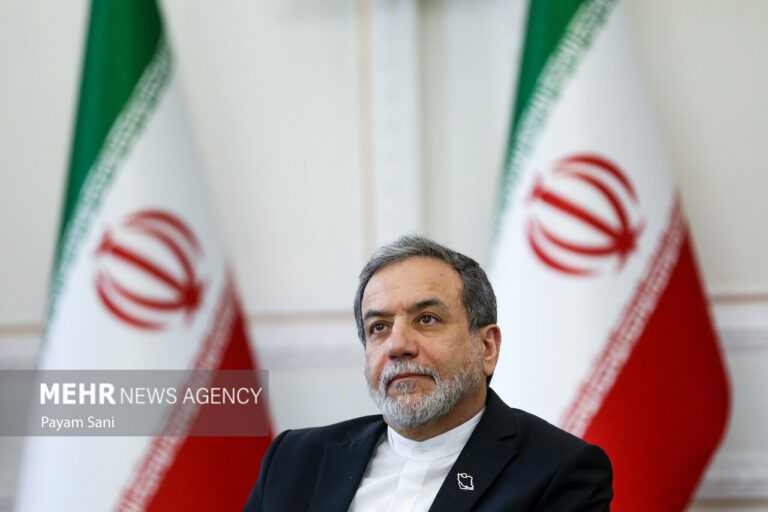
Iran Weighs Decision on Participation in Upcoming US Talks: Key Diplomatic Move Ahead
At a recent press conference, Iranian diplomat Abbas Araghchi reaffirmed Iran’s commitment to its uranium enrichment program amid ongoing nuclear negotiations. He criticized what he termed unreasonable U.S. demands, stating that any conditions exceeding Iran’s rights would be unacceptable. Araghchi emphasized that Iran would continue its enrichment activities and is willing to demonstrate transparency in its nuclear program, provided sanctions are lifted. He indicated that Iran is currently evaluating its participation in upcoming talks, highlighting the importance of fairness in negotiations. The situation reflects broader geopolitical tensions, with significant implications for regional stability and international diplomacy.
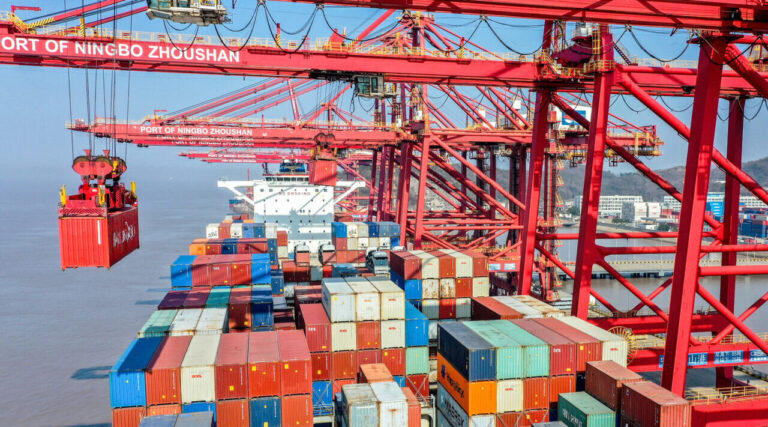
Iran’s Non-Oil Exports Surge to Record High in Just 11 Months!
Iran’s economic performance is on the rise, with the Islamic Republic of Iran Customs Administration (IRICA) reporting $53 billion in non-oil exports between March 2024 and February 2025. This marks a record for the country, with total trade in non-oil goods exceeding $117 billion. Rouhollah Latifi, spokesman for the Trade Promotion Commission, projects non-oil exports could reach $58 billion by March 2025. Amid ongoing sanctions, Iran’s focus on diversifying its economy through agriculture and manufacturing aims to reduce reliance on oil revenues. Government support for exporters is expected to further enhance competitiveness and economic resilience in global markets.